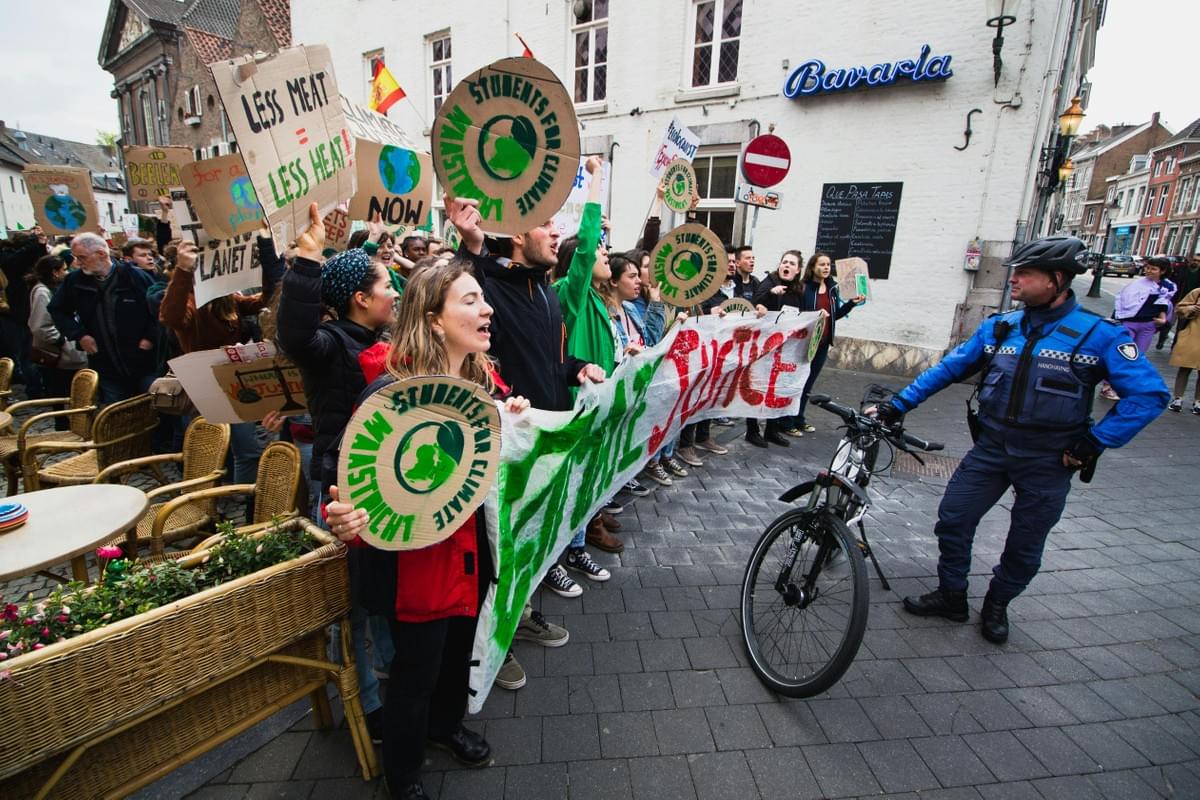Understanding the Essence of Human Rights Activism
Human rights form the bedrock of a fair and just society, ensuring dignity, freedom, and equality for all individuals. However, achieving these ideals often requires the tireless efforts of those who fight for justice—activists of human rights. These individuals dedicate their lives to identifying injustices, raising awareness, and advocating for systemic change, ensuring that the rights of the oppressed and marginalized are upheld.
A human rights activist works across a spectrum of causes, from combating racial and gender discrimination to advocating for freedom of speech and fair labor practices. Their mission often involves challenging entrenched power structures and risking personal safety to give a voice to those silenced by oppression. By engaging in this critical work, these activists not only protect individual rights but also strengthen the social fabric of communities worldwide.
The Key Challenges Faced by Human Rights Activists
The journey of an activist of human rights is rarely without obstacles. They frequently face hostility from oppressive regimes, corporations, or societal structures that resist change. In many cases, these challenges manifest as harassment, imprisonment, or even threats to life. Yet, human rights activists persevere, driven by their unwavering commitment to justice.
Navigating political and cultural barriers is another significant hurdle. Advocacy efforts often require confronting societal norms and traditional practices that perpetuate inequality. For example, advocating for gender equality in patriarchal societies or LGBTQ+ rights in conservative regions demands immense courage and strategic planning.
The Tools of Advocacy: How Activists Drive Change
The impact of a human rights activist lies in their ability to utilize various tools and platforms to advance their causes. Social media, for instance, has become an indispensable ally in modern activism. Platforms like Twitter and Instagram amplify voices, spread awareness, and mobilize global communities in support of justice.
Educational campaigns are another crucial method. By fostering understanding and empathy, activists can dismantle prejudices and encourage action. Public demonstrations, petitions, and partnerships with international organizations further strengthen their efforts, ensuring that the fight for human rights gains visibility and momentum.
Inspiring Stories of Human Rights Advocacy
Throughout history, countless individuals have exemplified the courage and dedication of a human rights activist. Figures like Martin Luther King Jr., Malala Yousafzai, and Nelson Mandela have shown the transformative power of advocacy. These leaders challenged oppressive systems, often at great personal cost, and inspired global movements for equality and justice.
Contemporary activists continue to follow in their footsteps. From environmental justice advocates fighting against climate change to champions of refugee rights addressing humanitarian crises, the work of today’s activists of human rights is as diverse as it is impactful. Their efforts remind us that ordinary individuals can drive extraordinary change.
The Global Significance of Human Rights Activism
Human rights are universal, transcending borders, cultures, and ideologies. Without the work of a human rights activist, these rights risk being eroded or denied to vulnerable populations. Activists serve as watchdogs, ensuring accountability and demanding transparency from governments and institutions.
Their advocacy extends beyond immediate crises. By addressing root causes of injustice, such as poverty, corruption, or systemic racism, they pave the way for sustainable change. In doing so, they not only safeguard the rights of individuals but also promote global stability and peace.
How You Can Support Human Rights Activists
While not everyone may have the capacity to become a full-time activist of human rights, supporting the cause is within everyone’s reach. Educating oneself about human rights issues, donating to advocacy organizations, and amplifying the voices of activists are impactful ways to contribute. Participation in campaigns, rallies, or even discussions can help foster a culture that values equality and justice.
The world benefits immensely from the efforts of a human rights activist, but these individuals need collective support to maximize their impact. Together, societies can create environments where human rights are not only protected but celebrated.





Comments